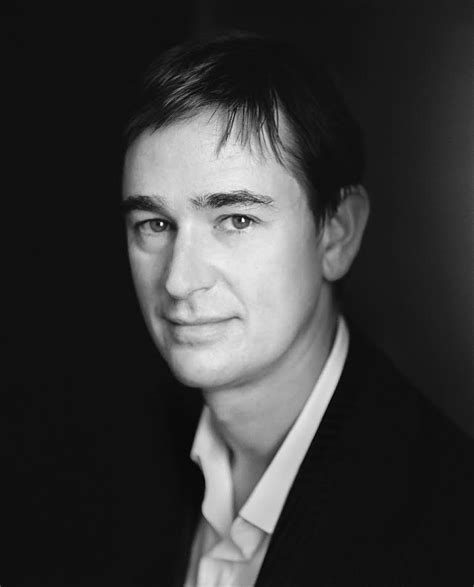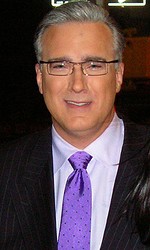A Quote by Sam Harris
Many of my fellow atheists consider all talk of 'spirituality' or 'mysticism' to be synonymous with mental illness, conscious fraud, or self-deception. I have argued elsewhere that this is a problem - because millions of people have had experiences for which 'spiritual' and 'mystical' seem the only terms available.
Related Quotes
For me, spirituality includes the belief in things larger than ourselves, an appreciation of nature and beauty, a sensitivity to the world, a feeling of shared connection with other living things, a desire to help people less fortunate than ourselves. All of these things can occur with or without God. I do not believe in the existence of God, but I consider myself a spiritual person in the manner I have just described. I call myself a spiritual atheist. I would imagine that many people are spiritual atheists.
It is probably true that almost all atheists stand for the values of reason and freethought. I will attempt to put these values in more substantial terms. There is the belief that inquiry and doubt are essential checks against deception, self deception, and error. There is the belief that logic and the scientific method is the only way the world can arrive at an agreement on the truth about anything.
The very term ['mental disease'] is nonsensical, a semantic mistake. The two words cannot go together except metaphorically; you can no more have a mental 'disease' than you can have a purple idea or a wise space". Similarly, there can no more be a "mental illness" than there can be a "moral illness." The words "mental" and "illness" do not go together logically. Mental "illness" does not exist, and neither does mental "health." These terms indicate only approval or disapproval of some aspect of a person's mentality (thinking, emotions, or behavior).
Rational thinking which is free from assumptions ends therefore in mysticism. To relate oneself in the spirit of reverence for life to the multiform manifestations of the will-to-live which together constitute the world is ethical mysticism. All profound world-view is mysticism, the essence of which is just this: that out of my unsophisticated and naïve existence in the world there comes, as a result of thought about self and the world, spiritual self-devotion to the mysterious infinite Will which is continuously manifested in the universe.
What is the most fascinating kind of self-deception to me, and a kind that isn't necessarily unhealthy, is what Friedrich Nietzsche called "strategic self-deception." The kind of self-deception that you can engage in with your eyes wide open. You do it because you say, "There's things that I couldn't accomplish without this kind of self-deception."
When I talk to the National Alliance on Mental Illness (NAMI) and other patient support groups, I take questions at the end. At one talk I was asked, "What's the difference between yourself and someone without mental illness?". At another talk I was asked, "How do you make the voices be not so mean?". I wish I knew.
A dreaded society is not a civilized society. The most progressive and powerful society in the civilized sense, is a society which has recognized its ethos, and come to terms with the past and the present, with religion and science. With modernism and mysticism, with materialism and spirituality; a society free of tension, a society rich in culture. Such a society cannot come with hocus-pocus formulas and with fraud. It has to flow from the depth of a divine search.
A spirituality that is only private and self-absorbed, one devoid of an authentic political and social consciousness, does little to halt the suicidal juggernaut of history. On the other hand, an activism that is not purified by profound spiritual and psychological self-awareness ... will only perpetuate the problem it is trying to solve, however righteous its intentions.
To accept yourself wherever. you are.... And don't think in terms of competition! You need not be anywhere else. Wherever you are, if you can be happy there, you have become religious, you have become spiritual. Spirituality knows no competition, spirituality knows no greed, spirituality knows no ambition - because spirituality means desirelessness.


































